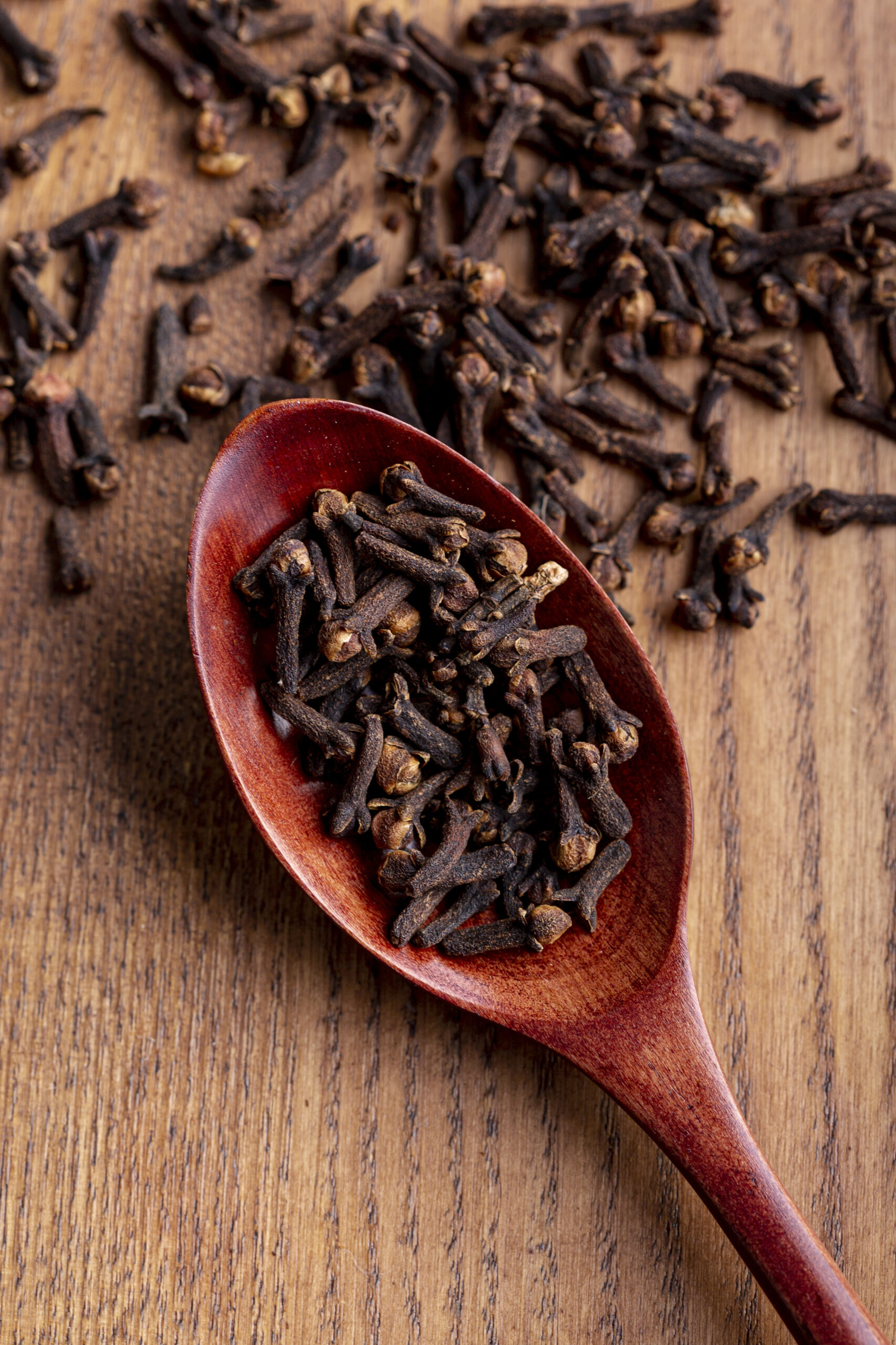Are Cloves Good for Digestion and Gut Health? Exploring the Benefits of This Powerful Spice
In today’s fast-paced world, maintaining a healthy digestive system can be challenging. A healthy gut is vital for overall well-being, affecting everything from nutrient absorption to immune function. Have you ever considered how simple spices like cloves can impact your gut health? In this article, we’ll explore the various benefits of cloves and how they can enhance your digestive health.
Background on Cloves
Cloves, the dried flower buds of the Syzygium aromaticum tree, are native to Indonesia and have been used for centuries in traditional medicine. These potent little buds are not only a flavorful addition to many dishes but also boast a rich nutritional profile. Cloves are a good source of manganese, fiber, and antioxidants, particularly eugenol, which is known for its health benefits.
The Role of Cloves in Digestion
Cloves have been shown to stimulate digestive enzymes, aiding in the breakdown of food and reducing symptoms such as bloating and gas. A study published in PubChem suggests that eugenol in cloves can enhance gut health by promoting digestive efficiency and reducing inflammation (1). This support for digestion may alleviate common issues like indigestion and discomfort after meals.
Benefits of Cloves for Gut Health
The anti-inflammatory properties of cloves can significantly benefit gut health. Research indicates that eugenol may help to balance gut microbiota, which is crucial for maintaining optimal gut function (2). A harmonious gut microbiome contributes to better digestion, nutrient absorption, and overall well-being.
Signs You Might Benefit from Cloves
If you often experience digestive issues such as:
- Bloating
- Gas
- Indigestion
consider incorporating cloves into your diet. Recognizing these signs can help you determine whether cloves might be a good addition to your digestive health regimen.
How to Incorporate Cloves into Your Diet
There are several practical ways to use cloves in cooking:
- Add ground cloves to curries, baked goods, or spice blends.
- Steep clove buds in hot water to make a soothing tea.
The recommended dosage for culinary uses is generally small—just a pinch—or 1-2 whole cloves in tea. As with any herbal remedy, it is wise to consult a healthcare provider regarding clove supplement dosages.

Potential Side Effects and Precautions
While cloves are generally safe when consumed in moderate amounts, excessive consumption or high doses of clove oil can lead to toxicity, particularly in children and pregnant women (3). It is crucial to approach any significant dietary changes with caution and seek medical advice if you have existing health conditions or are on medication.
Conclusion
In summary, cloves not only enhance the flavor of many dishes but also provide numerous benefits for digestion and gut health. With their powerful anti-inflammatory properties and ability to improve digestive enzyme activity, cloves may serve as a valuable addition to your health toolkit. Consider incorporating cloves into your diet for better digestive health and well-being!

If you’ve tried cloves for digestive issues or have questions, please share your experiences in the comments below. For more insights on gut health, don’t hesitate to explore our blog further!
References
- 1. MedicineNet. “The 11 Health Benefits of Eating Cloves Daily.” Available at: Link.
- 2. Healthline. “Benefits of Cloves.” Available at: Link.
- 3. WebMD. “Clove Overview.” Available at: Link.

